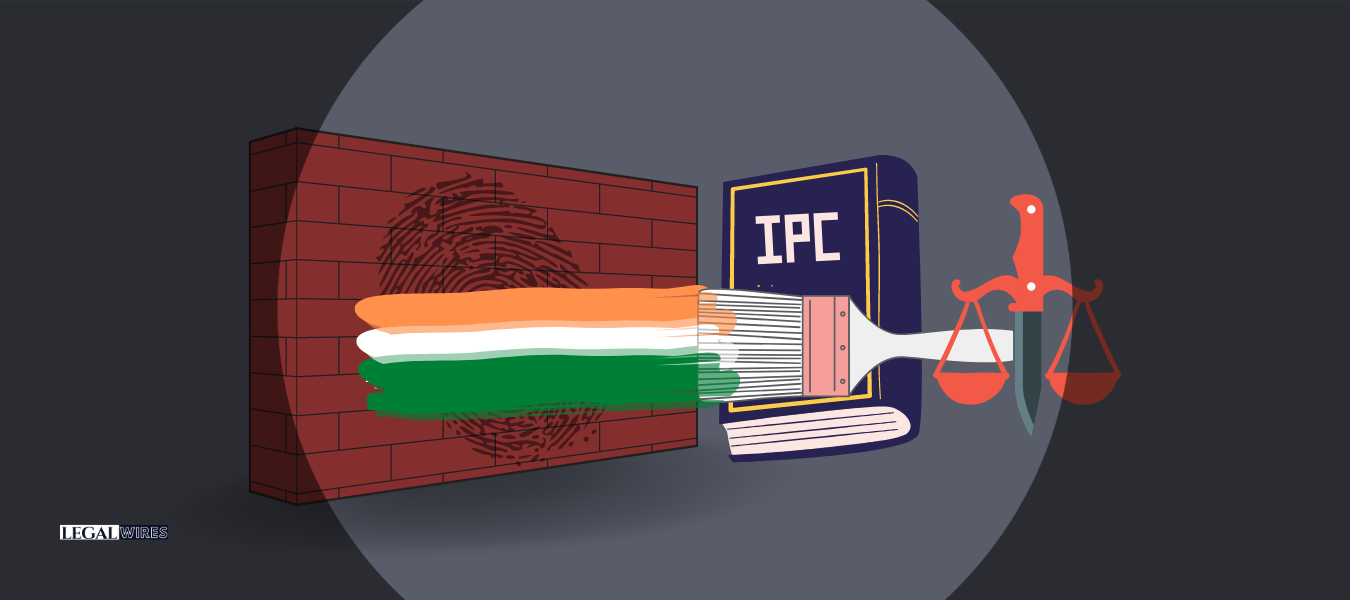G Kishan Reddy, the Minister of State for Home Affairs

G Kishan Reddy, the Minister of State for Home Affairs declared on Monday that the Central government is adamant to reform and “completely change” the Indian Penal Code (IPC) and Code of Criminal Procedure (CrPC). Speaking at “Let’s Talk- Strategies and Way Forward to Prevent Crime Against Women”, the Union Minister informed that the Central government has written to the different Chief Justices of High Courts, State governments, senior Advocates, police officers and NGOs.
The statement came in the backdrop of the Modi government repealing the 1458 old and archaic Acts to ensure minimum legislation and maximum governance. The India Penal Code is a 160 year old law which was brought in after the recommendation of 1st Law Commission under Lord Macaulay. The draft which was ready by 1856 was delayed due to the ‘Revolt of 1857’ and subsequent changes were made to curb revolutionary activities before its enactment on 6th October, 1860. Considered as a vestige of colonial era, both the British Indian government and the Indian government have been alleged to make successive amendments to the law to secure the ends of the State at the cost of individual liberties. A demand was pending for many years from different corners to establish a new Penal Code which is more in line to the Indian ethos. The Code of Criminal Procedure of 1973, which retains a ‘pari materia’ hue and stance of its colonial era 1882 version, has also attracted similar criticism, especially around Section 144 CrPC, in the light of CAA protests earlier this year and the Covid19 Lock-down.
The minister said, ‘We all should come forward and work in the direction to ensure that there is no gender injustice. We have taken up many tasks on behalf of the Government of India. Now we shall also change IPC and CrPC which are of the British era. From time to time we have been amending the sections of these two but looking at the present scenario of the country, the government has decided to completely change the IPC and CrPC. A letter has been written to Chief Justices, senior Advocates, police officers, NGOs, and state governments. A committee has been also constituted for it. I appeal you all to give suggestions regarding what changes should be made.’





